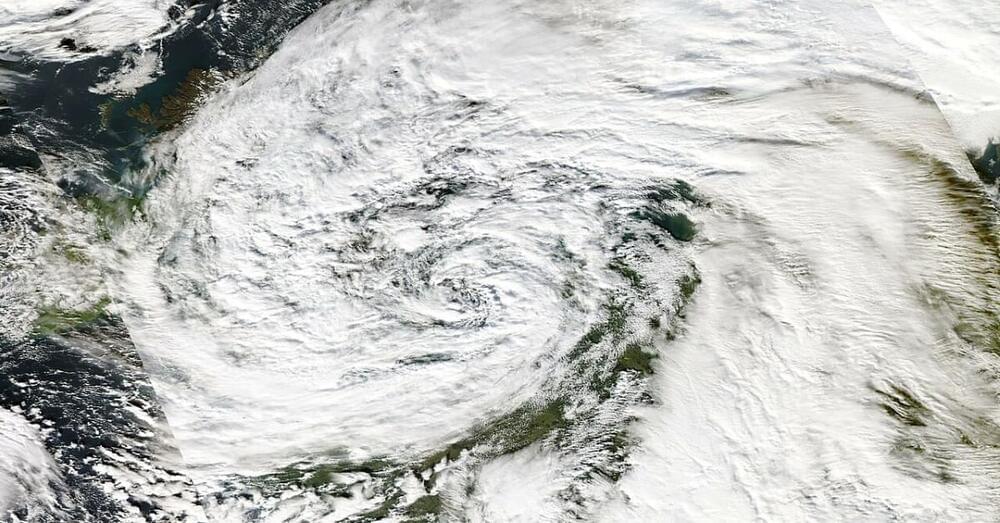When Storm Ciarán battered northwestern Europe in November 2023, it left a trail of destruction. The low-pressure system associated with Storm Ciarán set new records for England, marking it as an exceptionally rare meteorological event. The storm’s intensity caught many off guard, exposing the limitations of current weather-prediction models and highlighting the need for more accurate forecasting in the face of climate change. As communities grappled with the aftermath, the urgent question arose: How can we better anticipate and prepare for such extreme weather events?
A recent study by Charlton-Perez et al. (2024) underscored the challenges faced by even the most advanced AI weather-prediction models in capturing the rapid intensification and peak wind speeds of Storm Ciarán. To help address those challenges, a team of Microsoft researchers developed Aurora, a cutting-edge AI foundation model that can extract valuable insights from vast amounts of atmospheric data. Aurora presents a new approach to weather forecasting that could transform our ability to predict and mitigate the impacts of extreme events—including being able to anticipate the dramatic escalation of an event like Storm Ciarán.
Aurora’s effectiveness lies in its training on more than a million hours of diverse weather and climate simulations, which enables it to develop a comprehensive understanding of atmospheric dynamics. This allows the model to excel at a wide range of prediction tasks, even in data-sparse regions or extreme weather scenarios. By operating at a high spatial resolution of 0.1° (roughly 11 km at the equator), Aurora captures intricate details of atmospheric processes, providing more accurate operational forecasts than ever before—and at a fraction of the computational cost of traditional numerical weather-prediction systems. We estimate that the computational speed-up that Aurora can bring over the state-of-the-art numerical forecasting system Integrated Forecasting System (IFS) is ~5,000x.
